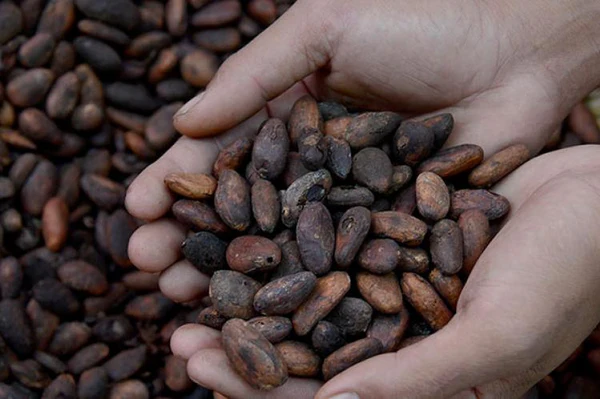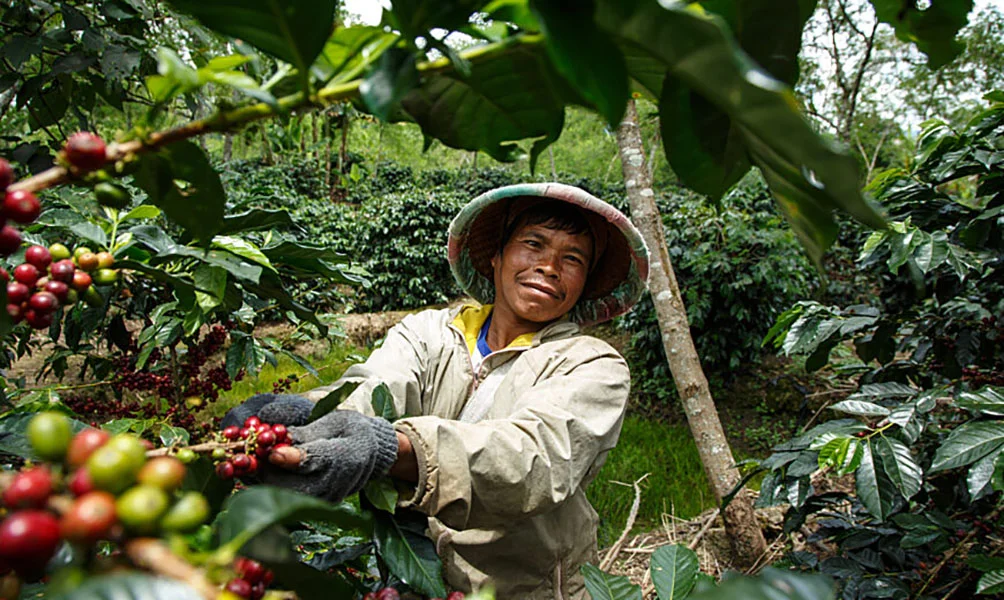Indonesia is consolidating its position as a global leader in sustainable briquette production in 2025, with exports of coconut shell charcoal briquettes and other biomass-derived products reaching record levels. The industry is experiencing significant growth driven by increasing international demand for eco-friendly fuel alternatives and Indonesia's strategic positioning as a major producer of biomass raw materials.
According to recent industry reports, Indonesia's charcoal briquette market is expanding at a steady pace, contributing significantly to the country's renewable energy sector and export revenues. Companies like PT Sugiharto Charcoal Indo (Island of Charcoal) and Djavacoal Indonesia are at the forefront of this expansion, exporting premium coconut shell charcoal briquettes to over 33 countries, particularly to markets in Europe, the Middle East, Asia, and North America.
"Indonesia's charcoal is increasingly strengthening its position as the world's leading exporter of coconut shell charcoal briquettes. 2025 will be a significant turning point," notes a recent industry report from Island of Charcoal, highlighting the sector's positive trajectory.
The global charcoal briquette market, valued at approximately USD 12.86 billion in 2023, is projected to reach USD 21.2 billion by 2032, growing at a CAGR of 5.71%. Indonesian manufacturers are capitalizing on this growth by emphasizing quality and sustainability in their production processes.
What sets Indonesian briquettes apart in the global market is their premium quality and environmental credentials. Made primarily from coconut shells, hardwood sawdust, and agricultural waste, these briquettes offer superior burning properties, including longer combustion times, higher heat output, and reduced smoke emissions compared to traditional charcoal.
"Our briquettes are characterized by being smokeless, odorless, durable, and providing high heat output. We use only selected natural raw materials to create products that meet international quality standards," says Budi Santoso, CEO of a leading Indonesian briquette manufacturer.
The industry's growth is further supported by Indonesia's vast renewable biomass resources. As one of the world's largest coconut producers, the country has abundant access to coconut shells, which are transformed into high-value briquettes rather than being discarded as waste. This upcycling process not only creates economic value but also contributes to waste reduction and environmental sustainability.
Indonesian briquette manufacturers are increasingly adopting advanced production technologies to enhance product quality and efficiency. Modern briquetting machinery enables the production of high-density briquettes with consistent quality, catering to the specific requirements of different market segments. Companies are also investing in research and development to improve combustion efficiency and reduce environmental impact.
The export market for Indonesian briquettes is diversified across multiple sectors. While traditional applications in barbecue and shisha/hookah remain strong, new markets are emerging in industrial heating, power generation, and specialty applications in food processing. The premium BBQ segment in Europe and North America shows particularly strong growth potential as consumers increasingly prefer eco-friendly alternatives for outdoor cooking.
Environmental sustainability is becoming a central focus for the industry as it expands. Leading manufacturers are implementing sustainable sourcing practices and obtaining certifications to demonstrate their commitment to environmental responsibility. This approach aligns with global trends toward greener production methods and responds to increasing consumer demand for sustainably produced goods.
However, the industry faces challenges related to deforestation concerns, particularly as biomass energy demand grows globally. A recent AP News investigation highlighted that some wood pellet production in Indonesia has led to forest clearing, with exports primarily going to South Korea and Japan. Industry leaders emphasize the importance of distinguishing between sustainable coconut shell briquettes and practices that contribute to deforestation.
"There's a clear difference between utilizing agricultural waste like coconut shells for briquette production and clearing forests for wood pellet manufacturing," explains Hendra Wijaya, an Indonesian sustainable energy analyst. "The coconut shell briquette industry actually contributes to waste management by utilizing materials that would otherwise be discarded."
The Indonesian government is working to strengthen regulations around biomass production to ensure sustainability. As part of its renewable energy strategy, the government has positioned biomass as the second priority after solar energy in its National Energy Plan, though recent reports indicate that the overall renewable energy mix target may be reduced from 23% to between 19-22% by 2025.
Industry experts predict continued growth for Indonesia's briquette sector in the coming years, driven by increasing global demand for sustainable fuel alternatives and the country's comparative advantages in raw material availability and production capabilities. As the world transitions toward cleaner energy sources, Indonesian briquette manufacturers are positioned to play a significant role in the global biomass energy market.


